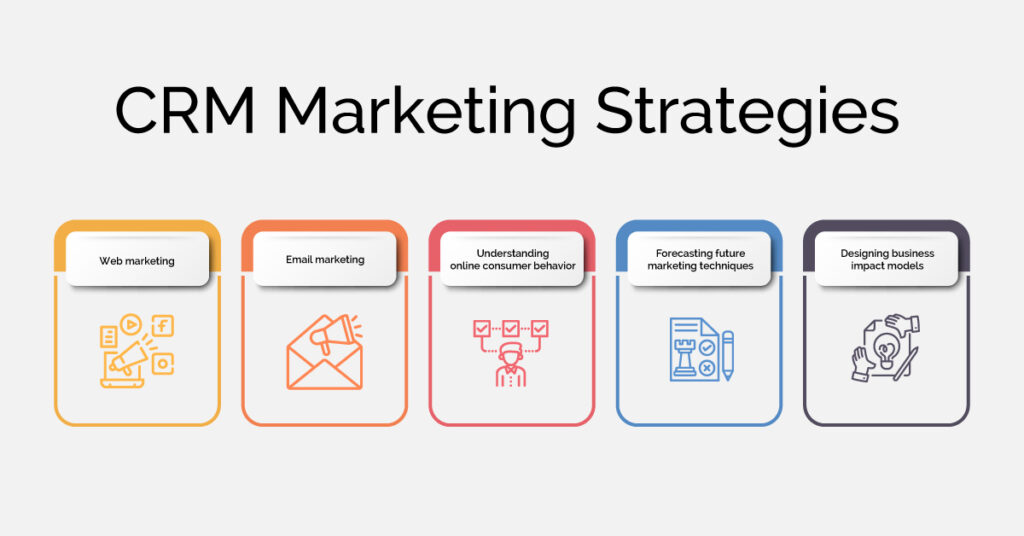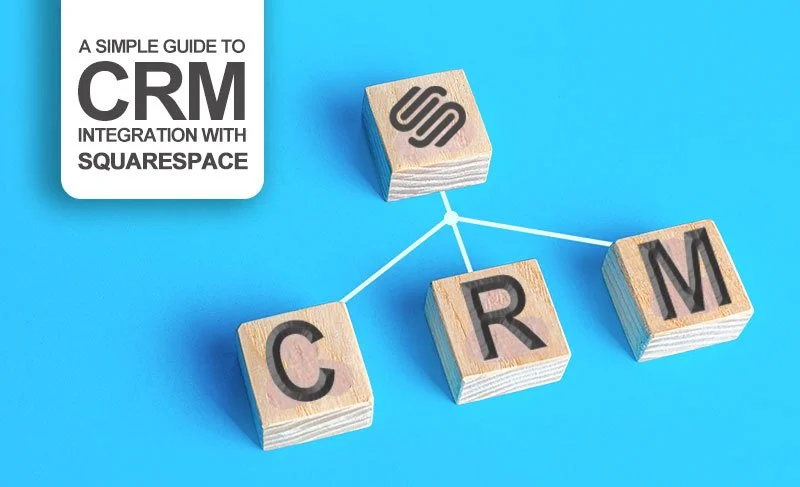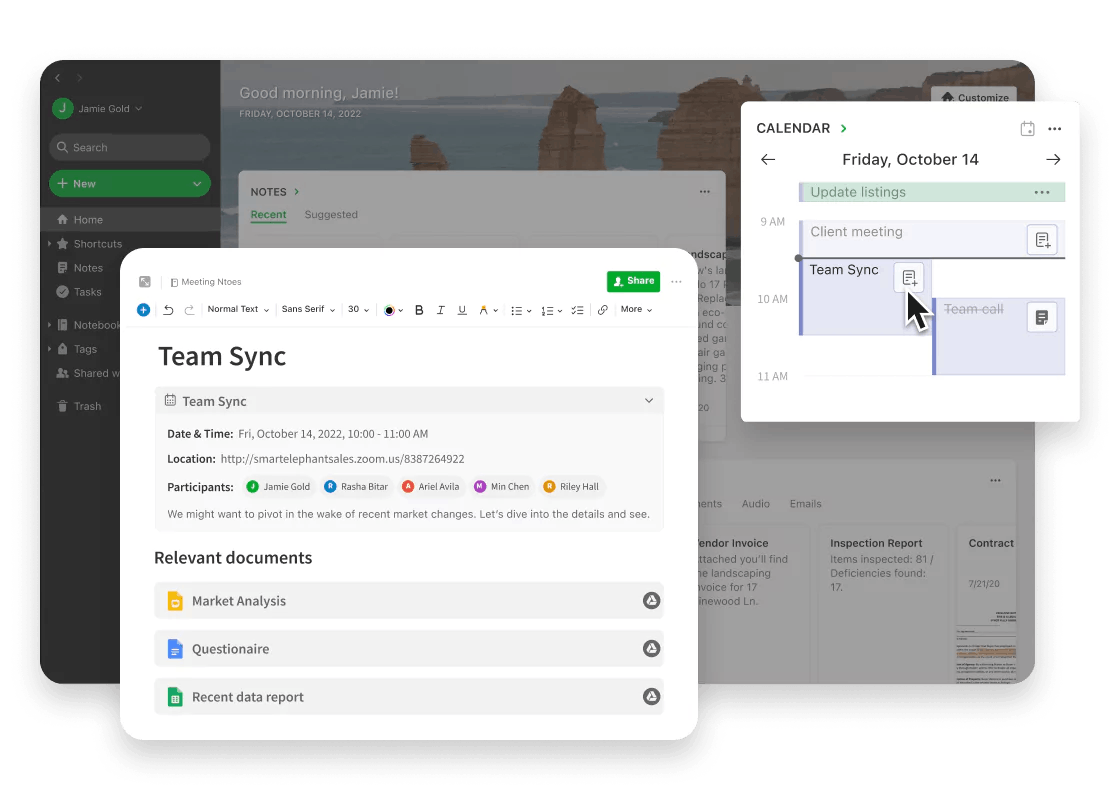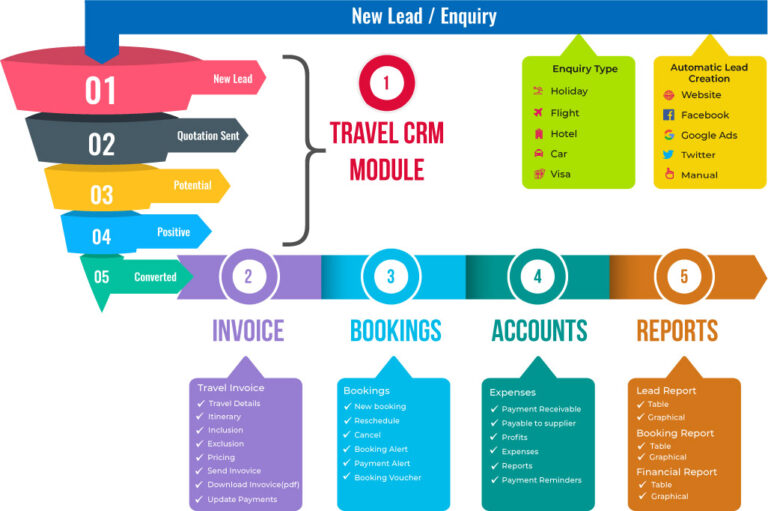
Mastering CRM Marketing: Your Ultimate Guide to Boosting Customer Engagement and Driving Revenue
In today’s hyper-competitive business landscape, understanding and leveraging the power of Customer Relationship Management (CRM) marketing is no longer optional; it’s essential. This comprehensive guide dives deep into the world of CRM marketing, providing you with the knowledge and strategies you need to transform your customer relationships, enhance engagement, and ultimately, drive significant revenue growth. We’ll explore what CRM marketing is, why it’s crucial, and, most importantly, how you can implement effective CRM marketing strategies to achieve your business goals. Prepare to unlock the potential of your customer data and build lasting, profitable relationships.
What is CRM Marketing? A Comprehensive Overview
At its core, CRM marketing is a strategic approach that uses customer relationship management (CRM) systems and data to understand, engage, and nurture customer relationships. It’s about more than just collecting contact information; it’s about creating a holistic view of each customer, understanding their behaviors, preferences, and needs, and using this information to personalize interactions and tailor marketing efforts. This involves a variety of activities, including:
- Data Collection and Management: Gathering and organizing customer data from various sources, such as website interactions, email campaigns, social media, and sales transactions.
- Segmentation: Dividing your customer base into distinct groups based on shared characteristics, such as demographics, purchasing behavior, or interests.
- Personalization: Tailoring marketing messages, offers, and content to individual customer preferences and needs.
- Automation: Using CRM tools to automate repetitive tasks, such as email marketing, lead nurturing, and customer service workflows.
- Analytics and Reporting: Tracking key performance indicators (KPIs) to measure the effectiveness of your CRM marketing efforts and identify areas for improvement.
CRM marketing is fundamentally about building and maintaining strong, lasting customer relationships. It’s about moving away from generic, one-size-fits-all marketing and embracing a more personalized, customer-centric approach. This shift can lead to increased customer loyalty, higher customer lifetime value, and ultimately, a more successful and sustainable business.
Why is CRM Marketing Important? The Benefits Explained
The benefits of implementing a robust CRM marketing strategy are numerous and far-reaching. Here are some of the key advantages:
Enhanced Customer Experience
CRM marketing enables you to provide a more personalized and relevant experience for each customer. By understanding their preferences, past interactions, and needs, you can tailor your communications, offers, and support to meet their individual requirements. This level of personalization fosters a stronger connection with your brand and makes customers feel valued and understood. When customers feel appreciated, they’re more likely to remain loyal and become brand advocates.
Increased Customer Loyalty and Retention
Happy customers are loyal customers. By consistently providing a positive and personalized experience, CRM marketing helps you build stronger relationships and increase customer loyalty. Loyal customers are more likely to make repeat purchases, recommend your brand to others, and stay with you through thick and thin. Retaining existing customers is often more cost-effective than acquiring new ones, making customer retention a critical factor in long-term business success.
Improved Customer Lifetime Value (CLTV)
Customer Lifetime Value (CLTV) represents the total revenue a customer is expected to generate throughout their relationship with your business. CRM marketing helps you maximize CLTV by:
- Increasing Purchase Frequency: By offering relevant products or services and providing personalized recommendations.
- Boosting Average Order Value: Through upselling and cross-selling opportunities.
- Extending Customer Lifespan: By fostering loyalty and encouraging repeat purchases.
Higher Conversion Rates
Personalized marketing messages and targeted offers are significantly more effective than generic campaigns. CRM marketing allows you to deliver the right message to the right customer at the right time, leading to higher conversion rates. This translates to more leads, more sales, and ultimately, more revenue.
Streamlined Sales and Marketing Processes
CRM systems automate many manual tasks, freeing up your sales and marketing teams to focus on more strategic initiatives. Automation streamlines workflows, reduces errors, and improves efficiency. This allows your teams to be more productive and responsive to customer needs.
Better Data-Driven Decision Making
CRM systems provide valuable insights into customer behavior, preferences, and trends. This data allows you to make more informed decisions about your marketing strategies, product development, and customer service efforts. By analyzing your CRM data, you can identify what’s working, what’s not, and make data-driven adjustments to optimize your performance.
Improved ROI on Marketing Investments
By targeting your marketing efforts more effectively and personalizing your messages, you can significantly improve your return on investment (ROI). CRM marketing helps you eliminate wasted spending on irrelevant campaigns and focus on activities that drive results. This ensures that your marketing budget is used efficiently and effectively.
Key Components of a Successful CRM Marketing Strategy
Building a successful CRM marketing strategy requires a well-defined plan and a commitment to execution. Here are the key components:
1. Define Your Goals and Objectives
Before you begin, it’s essential to define your goals and objectives. What do you want to achieve with your CRM marketing efforts? Are you looking to increase sales, improve customer retention, or enhance brand awareness? Clearly defined goals will guide your strategy and help you measure your success.
2. Choose the Right CRM System
Selecting the right CRM system is crucial. Consider your business needs, budget, and technical capabilities when choosing a system. Some popular CRM platforms include Salesforce, HubSpot, Microsoft Dynamics 365, and Zoho CRM. Evaluate the features, integrations, and ease of use of each system to determine which one is the best fit for your organization.
3. Data Collection and Management
Data is the lifeblood of CRM marketing. You need to collect data from various sources, including your website, email campaigns, social media, and sales transactions. Ensure that you have a robust data collection process in place and that your data is accurate, complete, and up-to-date. Implement data quality checks and regularly review your data to maintain its integrity.
4. Customer Segmentation
Divide your customer base into distinct segments based on shared characteristics. This allows you to tailor your marketing messages and offers to specific groups of customers. Common segmentation criteria include demographics, purchasing behavior, interests, and engagement levels. The more granular your segmentation, the more effective your marketing efforts will be.
5. Personalization and Targeted Campaigns
Use your customer data to personalize your marketing messages and offers. Address customers by name, reference their past purchases, and recommend products or services that align with their interests. Create targeted email campaigns, website content, and social media posts that resonate with specific customer segments. Personalization is key to creating a more engaging and relevant customer experience.
6. Automation
Automate repetitive tasks, such as email marketing, lead nurturing, and customer service workflows. Automation saves time, improves efficiency, and allows your team to focus on more strategic initiatives. Use CRM tools to create automated email sequences, trigger actions based on customer behavior, and streamline your sales processes.
7. Analytics and Reporting
Track key performance indicators (KPIs) to measure the effectiveness of your CRM marketing efforts. Monitor metrics such as conversion rates, customer retention rates, customer lifetime value, and ROI. Use your CRM system’s reporting features to analyze your data, identify trends, and make data-driven decisions. Regularly review your performance and make adjustments to optimize your strategy.
8. Integration with Other Systems
Integrate your CRM system with other business systems, such as your email marketing platform, e-commerce platform, and social media channels. This allows you to share data seamlessly and create a more unified view of your customers. Integration also enables you to automate tasks and streamline your workflows.
9. Training and Adoption
Provide training to your team on how to use the CRM system effectively. Ensure that your employees understand the importance of CRM marketing and how it aligns with your business goals. Encourage adoption by highlighting the benefits of using the system and providing ongoing support. A successful CRM implementation requires buy-in from your entire organization.
10. Continuous Optimization
CRM marketing is an ongoing process. Continuously monitor your performance, analyze your data, and make adjustments to optimize your strategy. Experiment with different approaches, test new ideas, and stay up-to-date on the latest trends in CRM marketing. Embrace a culture of continuous improvement to ensure that your CRM marketing efforts are always delivering the best results.
Implementing CRM Marketing Strategies: Step-by-Step Guide
Now that you understand the key components, let’s walk through the steps to implement effective CRM marketing strategies:
1. Assess Your Current Situation
Before you start, assess your current situation. What is your current customer data like? What CRM tools are you currently using? What are your existing marketing processes? Identify your strengths, weaknesses, opportunities, and threats (SWOT) to gain a clear understanding of your starting point.
2. Define Your Target Audience
Identify your ideal customer. Who are they? What are their needs and preferences? Create detailed customer personas to help you understand your target audience better. This will inform your segmentation and personalization efforts.
3. Choose a CRM Platform
Research and select a CRM platform that aligns with your business needs. Consider factors such as features, scalability, integrations, and pricing. Make sure the platform you choose can support your current and future CRM marketing goals.
4. Migrate and Cleanse Your Data
Migrate your existing customer data into your new CRM system. Cleanse your data by removing duplicates, correcting errors, and standardizing formats. Ensure your data is accurate and complete before you begin using your CRM system.
5. Segment Your Customer Base
Divide your customers into segments based on shared characteristics. Use criteria such as demographics, purchase history, and engagement levels. The more specific your segments, the better you can tailor your marketing efforts.
6. Develop Personalized Marketing Campaigns
Create personalized marketing campaigns for each customer segment. Tailor your messages, offers, and content to resonate with their specific needs and preferences. Use CRM tools to automate the delivery of these campaigns.
7. Implement Automation Workflows
Automate repetitive tasks, such as email marketing, lead nurturing, and customer service. Use CRM tools to create automated workflows that trigger actions based on customer behavior or specific events.
8. Track and Analyze Results
Monitor your key performance indicators (KPIs) to measure the effectiveness of your CRM marketing efforts. Track metrics such as conversion rates, customer retention rates, and customer lifetime value. Use your CRM system’s reporting features to analyze your data and identify areas for improvement.
9. Refine and Optimize
Continuously refine and optimize your CRM marketing strategy based on your results. Test different approaches, experiment with new ideas, and make adjustments to improve your performance. CRM marketing is an ongoing process of learning and improvement.
10. Train Your Team
Provide training to your team on how to use the CRM system effectively. Ensure that everyone understands the importance of CRM marketing and how it aligns with your business goals. Encourage adoption by highlighting the benefits of using the system and providing ongoing support.
Advanced CRM Marketing Tactics to Elevate Your Strategy
Once you’ve established the fundamentals, you can explore advanced tactics to take your CRM marketing to the next level:
Behavioral Segmentation
Go beyond basic segmentation and segment customers based on their behavior. Track website activity, email opens and clicks, purchase history, and customer service interactions. Use this data to create highly targeted campaigns that resonate with individual customer actions.
Predictive Analytics
Leverage predictive analytics to anticipate customer behavior. Use data to predict which customers are likely to churn, which are most likely to make a purchase, and which are most receptive to specific offers. This allows you to proactively engage with customers and personalize your messaging.
Cross-Channel Marketing
Integrate your CRM system with all your marketing channels, including email, social media, SMS, and website. Create a seamless customer experience across all touchpoints. Coordinate your messaging and offers to create a unified brand experience.
Personalized Product Recommendations
Use CRM data to provide personalized product recommendations to customers. Recommend products based on their past purchases, browsing history, and interests. This can significantly increase sales and customer engagement.
Customer Journey Mapping
Map out the customer journey to understand how customers interact with your brand at each stage of the buying process. Identify pain points and opportunities to improve the customer experience. Use this information to optimize your marketing efforts and guide customers through the sales funnel.
Loyalty Programs
Implement a loyalty program to reward repeat customers and encourage them to make additional purchases. Offer exclusive discounts, early access to new products, and personalized rewards based on customer behavior. Loyalty programs are a powerful way to increase customer retention and CLTV.
Feedback and Surveys
Gather customer feedback through surveys and feedback forms. Use this feedback to improve your products, services, and customer experience. Show customers that you value their opinions and use their feedback to make positive changes.
A/B Testing
Conduct A/B tests to optimize your marketing campaigns. Test different subject lines, email content, call-to-actions, and landing pages to determine which variations perform best. Use the results of your A/B tests to continuously improve your marketing efforts.
CRM Marketing Best Practices for Maximizing Success
To ensure your CRM marketing efforts are as effective as possible, keep these best practices in mind:
- Prioritize Data Quality: The accuracy and completeness of your data are critical. Regularly review and update your data to ensure its integrity.
- Focus on Customer Experience: Always put the customer first. Strive to create a positive and personalized experience for each customer.
- Be Transparent: Be honest and transparent with your customers. Clearly communicate how you’re using their data and what benefits they can expect.
- Respect Customer Privacy: Comply with all relevant data privacy regulations, such as GDPR and CCPA. Protect customer data and ensure their privacy is respected.
- Personalize at Scale: Use automation and CRM tools to personalize your marketing efforts at scale.
- Test and Iterate: Continuously test different approaches and iterate on your strategy based on your results.
- Stay Up-to-Date: Keep abreast of the latest trends and best practices in CRM marketing.
- Align Sales and Marketing: Ensure that your sales and marketing teams are aligned and working together to achieve your business goals.
- Measure and Analyze: Track your KPIs and regularly analyze your data to identify areas for improvement.
- Get Buy-In: Ensure that your entire organization understands the importance of CRM marketing and is committed to its success.
CRM Marketing Tools to Consider
The right tools can significantly streamline your CRM marketing efforts. Here are some popular CRM marketing tools to consider:
- Salesforce: A leading CRM platform with a wide range of features and integrations.
- HubSpot: A comprehensive marketing automation platform with CRM capabilities.
- Microsoft Dynamics 365: A powerful CRM platform with a focus on sales, marketing, and customer service.
- Zoho CRM: A versatile CRM platform suitable for businesses of all sizes.
- Pipedrive: A sales-focused CRM platform designed for small businesses.
- ActiveCampaign: An email marketing and marketing automation platform with CRM features.
- Mailchimp: An email marketing platform that also offers CRM features.
- Klaviyo: An email marketing platform specifically designed for e-commerce businesses.
When choosing a CRM marketing tool, consider your specific needs, budget, and technical capabilities. Evaluate the features, integrations, and ease of use of each tool to determine which one is the best fit for your organization.
Overcoming Common CRM Marketing Challenges
While CRM marketing offers significant benefits, businesses may encounter some challenges. Here’s how to overcome them:
- Data Quality Issues: Implement data quality checks and regularly review your data to ensure its accuracy and completeness.
- Lack of Adoption: Provide training to your team and highlight the benefits of using the CRM system.
- Integration Challenges: Carefully plan your integrations and ensure that your systems are compatible.
- Measuring ROI: Establish clear KPIs and track your performance regularly.
- Staying Up-to-Date: Continuously learn about the latest trends and best practices in CRM marketing.
The Future of CRM Marketing: Trends to Watch
The landscape of CRM marketing is constantly evolving. Here are some trends to watch:
- Artificial Intelligence (AI): AI is being used to automate tasks, personalize customer experiences, and predict customer behavior.
- Mobile CRM: Mobile CRM solutions are becoming increasingly important as businesses focus on engaging customers on the go.
- Customer Data Platforms (CDPs): CDPs are helping businesses unify their customer data and create a single view of the customer.
- Hyper-Personalization: Businesses are using data to create highly personalized experiences for each customer.
- Voice Assistants: Voice assistants are being used to interact with customers and provide customer service.
- Privacy and Security: Data privacy and security are becoming increasingly important as businesses collect and use customer data.
Conclusion: Embracing CRM Marketing for Sustainable Growth
CRM marketing is a powerful strategy that can transform your customer relationships, enhance engagement, and drive significant revenue growth. By understanding the key components, implementing effective strategies, and staying up-to-date on the latest trends, you can harness the power of CRM marketing to achieve your business goals. Embrace a customer-centric approach, leverage the power of data, and build lasting, profitable relationships. The future of business is about building genuine connections with customers, and CRM marketing is the key to unlocking that future. By investing in CRM marketing, you’re investing in the long-term success and sustainability of your business.





